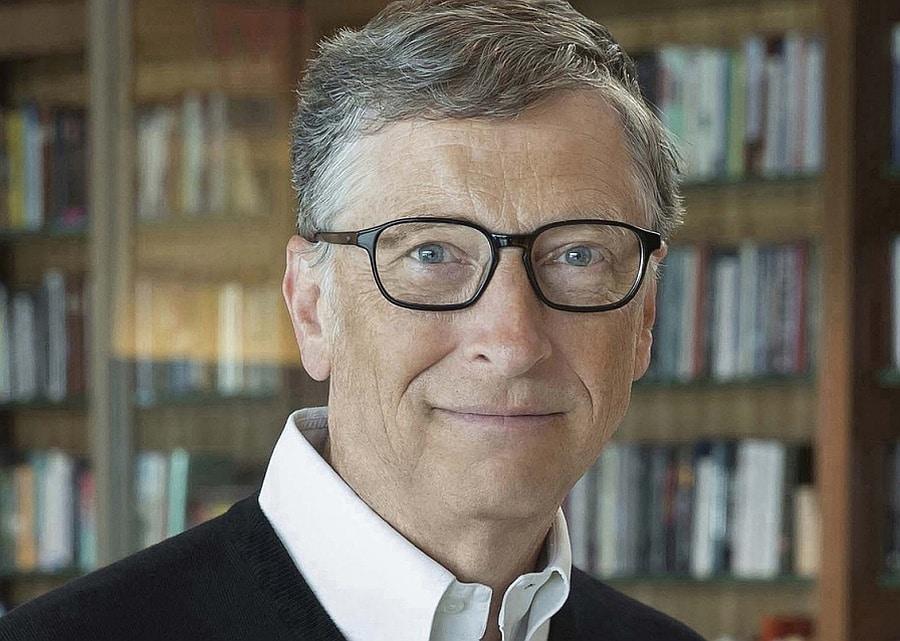Bill Gates: The Legacy of Innovation and Philanthropy

Introduction
Bill Gates, the co-founder of Microsoft, is renowned not only for his impact on the personal computing revolution but also for his philanthropic efforts through the Bill & Melinda Gates Foundation. His ongoing influence on global health and education makes him a significant figure in shaping modern society. As we witness continuous advancements in technology and pressing health challenges, Gates’ contributions remain relevant and pivotal.
Current Initiatives and Contributions
In recent weeks, Bill Gates has been vocal about the critical issue of global health, particularly in light of the ongoing challenges presented by the COVID-19 pandemic and other infectious diseases. His foundation is currently focused on boosting vaccination efforts worldwide, aiming to ensure that vaccines are accessible to underserved populations. Recent reports indicate that the foundation has allocated millions of dollars towards equitable vaccine distribution and research initiatives.
Moreover, Gates is advocating for sustainable agricultural practices to combat climate change, which he believes poses the greatest risk to global health. His recent book, “How to Avoid a Climate Disaster,” outlines transformative strategies to reduce greenhouse gas emissions and improve agricultural resilience.
Technological Innovation and Future Perspectives
In the realm of technology, Gates continues to invest in emerging sectors, including artificial intelligence and clean energy solutions. He recently announced partnerships with several tech firms to develop carbon capture technologies, aiming to significantly lower emissions from industries that heavily contribute to climate change.
As AI technology evolves, Gates is also addressing the ethical implications of artificial intelligence. He has stressed the importance of developing robust frameworks to ensure AI benefits are shared equitably and do not exacerbate existing inequalities.
Conclusion
Bill Gates’ influence on technology and philanthropy remains profound, particularly as the world grapples with health crises and climate change challenges. Looking ahead, his commitment to innovation and equitable solutions are likely to impact future generations significantly. Gates exemplifies how philanthropic efforts can create meaningful change, urging the public and private sectors to collaborate in addressing some of the most pressing issues of our time. For readers, understanding Gates’ initiatives can inspire individual actions towards creating a more equitable and sustainable world.
